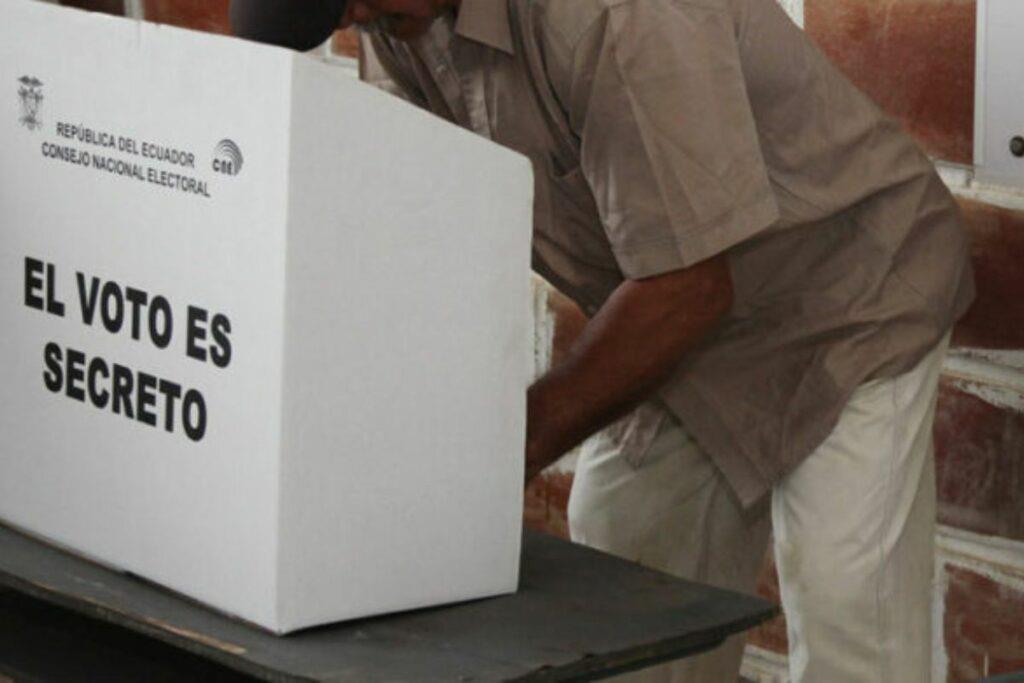Upon learning of the preliminary results of this Sunday’s referendum, the president himself acknowledged that he will have “more tools to fight crime and restore peace to Ecuadorian families.”
The proposals that Ecuadorians endorsed include the permanent presence of the military in joint patrols with the police, longer sentences for terrorism, murder and other crimes and greater weapons controls in areas near prisons, among others.
The plebiscite had the participation of 72 percent of over 13.6 million Ecuadorians summoned to the polls, on a day marked by the murder of the director of a prison and an attempted mutiny in a prison that left at least four wounded.
Although the final numbers are still unavailable and the scrutiny continues, the National Electoral Council released the results of a quick count that showed a majority rejection of two of the 11 questions on the ballot, those related to hourly work and international arbitration.
In the opinion of economist Alberto Acosta, the defense of national sovereignty and labor rights prevailed, as well as the fear caused by growing insecurity, which will not find a way out with more repression and penal populism.
Political organizations classified the results as a popular victory for saying No to the two proposals that sought to cede sovereignty and increase job insecurity.
jrr/llp/jf/avr










